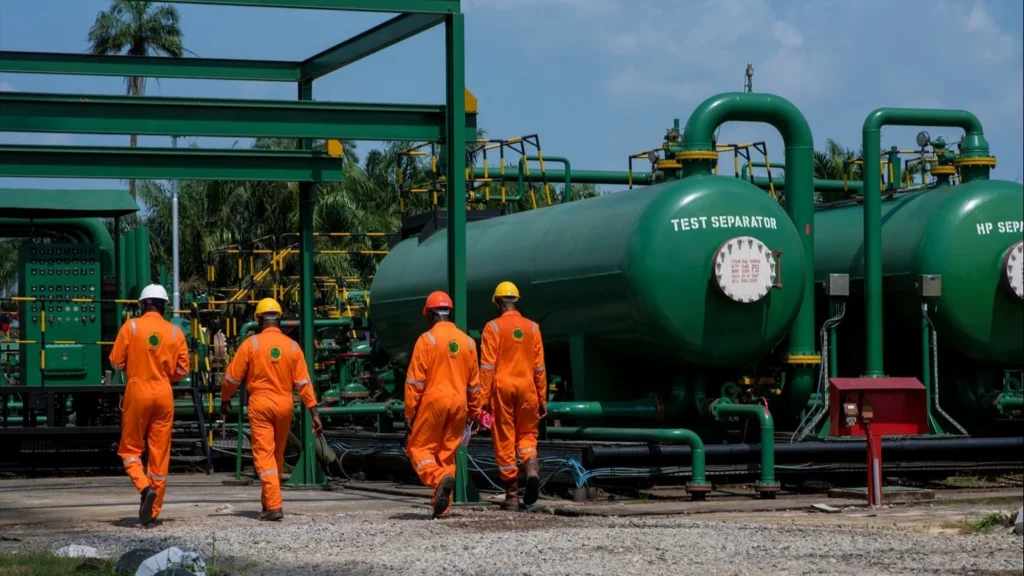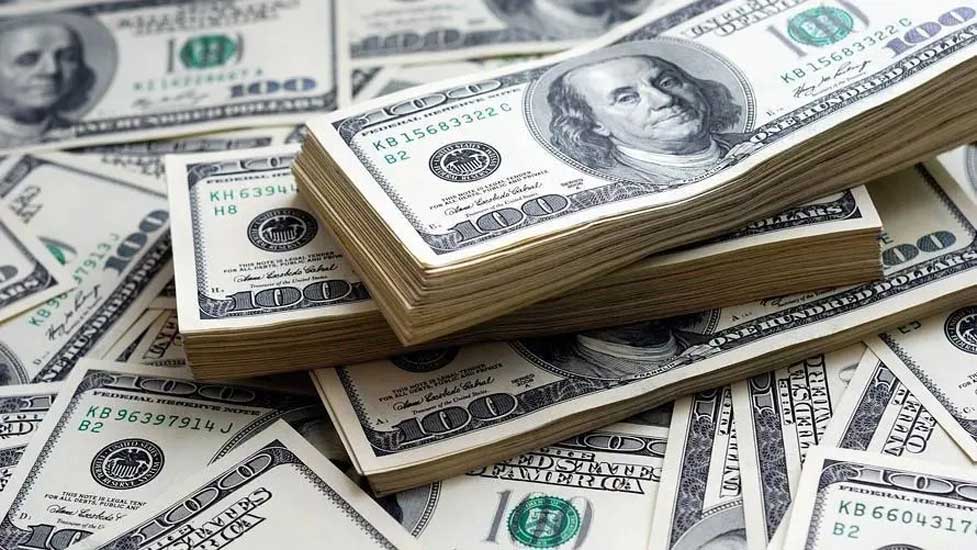
Official figures revealed on Sunday that Egypt’s annual inflation reached an unprecedented 39.7 percent in August, marking an all-time high for the country amid its enduring economic crisis.
This surge comes on the heels of the preceding record of 38.2 percent in July, and after more than a year of an enduring economic crisis during which the national currency has lost half of its value against the US dollar since early last year.
Food and beverage prices alone witnessed a staggering 71.9 percent rise compared to August 2022, as reported by the state statistics agency CAPMAS on Sunday, further compounding the challenges faced by families striving to meet their basic needs.
The import-dependent nation’s economic crisis was triggered by Russia’s invasion of Ukraine last year, which disrupted vital food supplies and roiled global markets.
Investors withdrew billions from Cairo’s foreign reserves, even as these reserves are supported by deposits from affluent Gulf partners. However, the commitments of these Gulf allies to acquire Egyptian state assets have not met government expectations.
Even before the current crisis, the World Bank reported that 30 percent of Egyptians were living below the poverty line, with an additional 30 percent at risk of slipping into poverty.
Egypt, the most densely populated nation in the Arab world, has relied on financial assistance in recent years, receiving aid from both Gulf nations and the International Monetary Fund.
In the previous year, the International Monetary Fund (IMF) sanctioned a $3 billion loan to Egypt, contingent upon the implementation of “a lasting transition to a flexible exchange rate system.”
Over the past decade, the nation’s external debt has surged, tripling in size and reaching a historic high of $165.4 billion this year, as per data from the Ministry of Planning.




